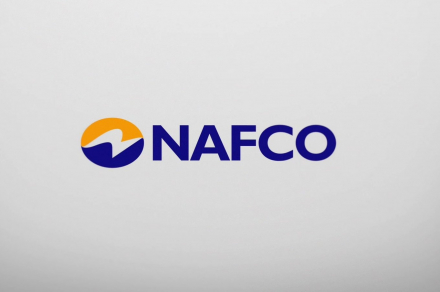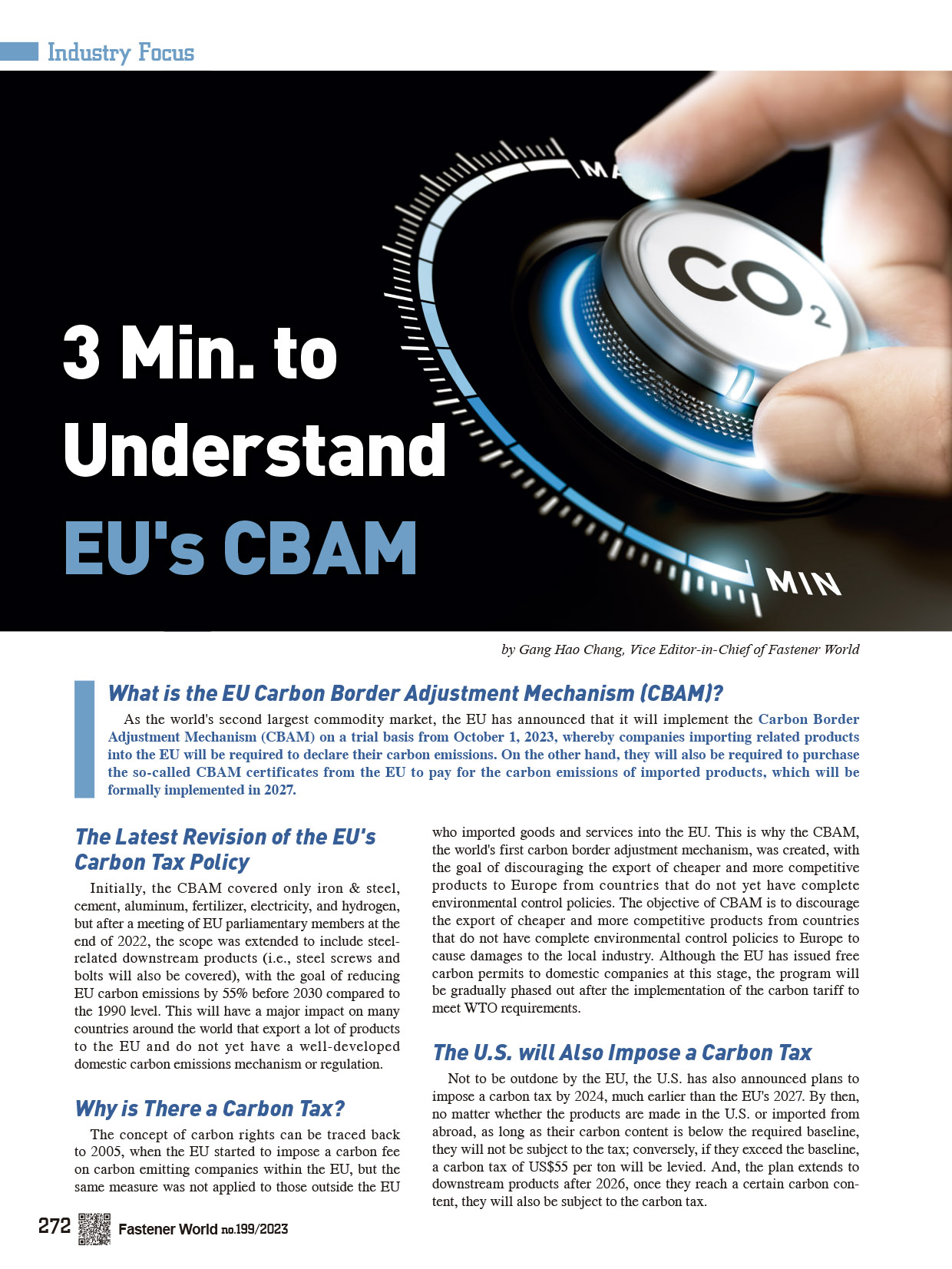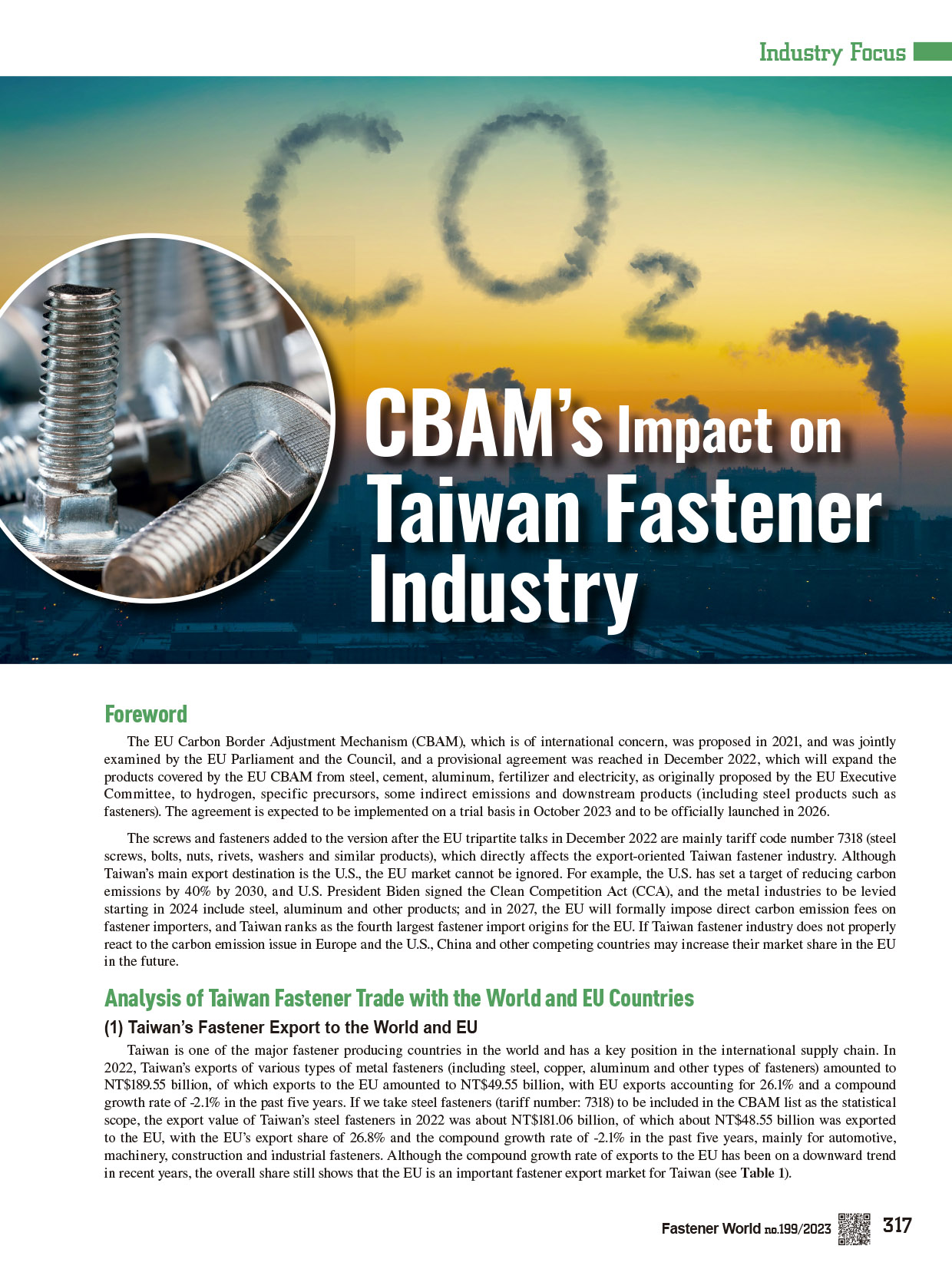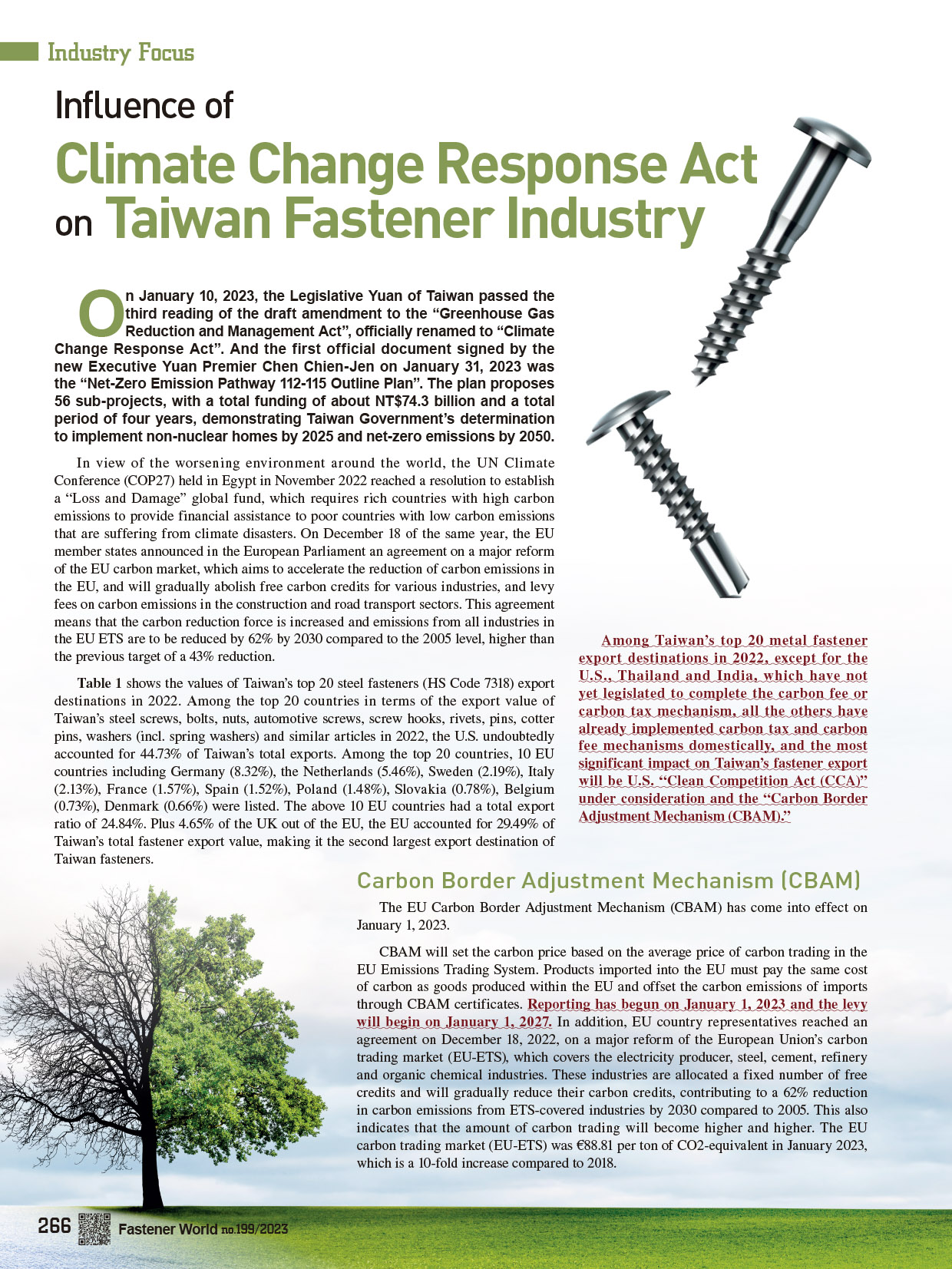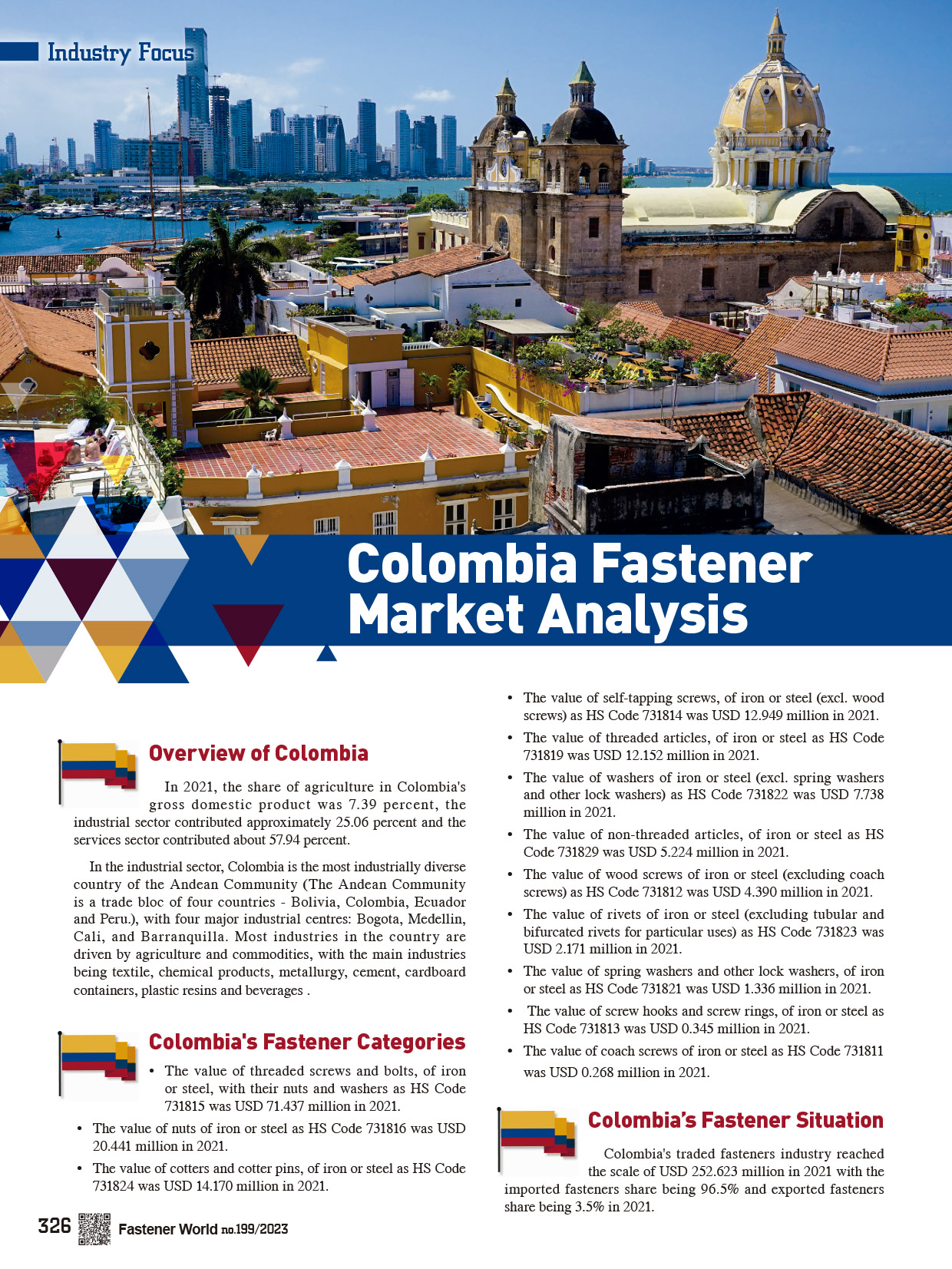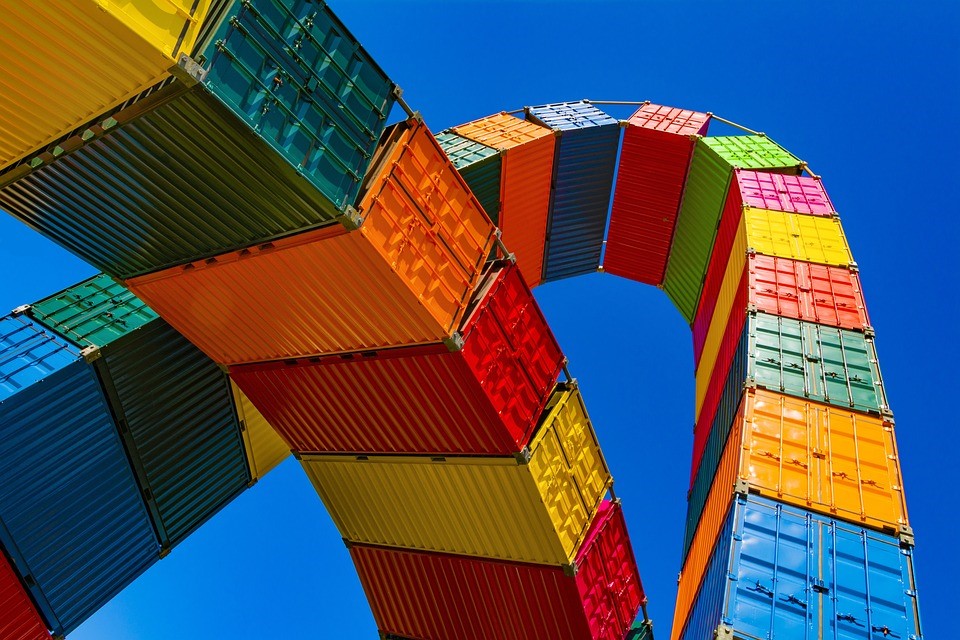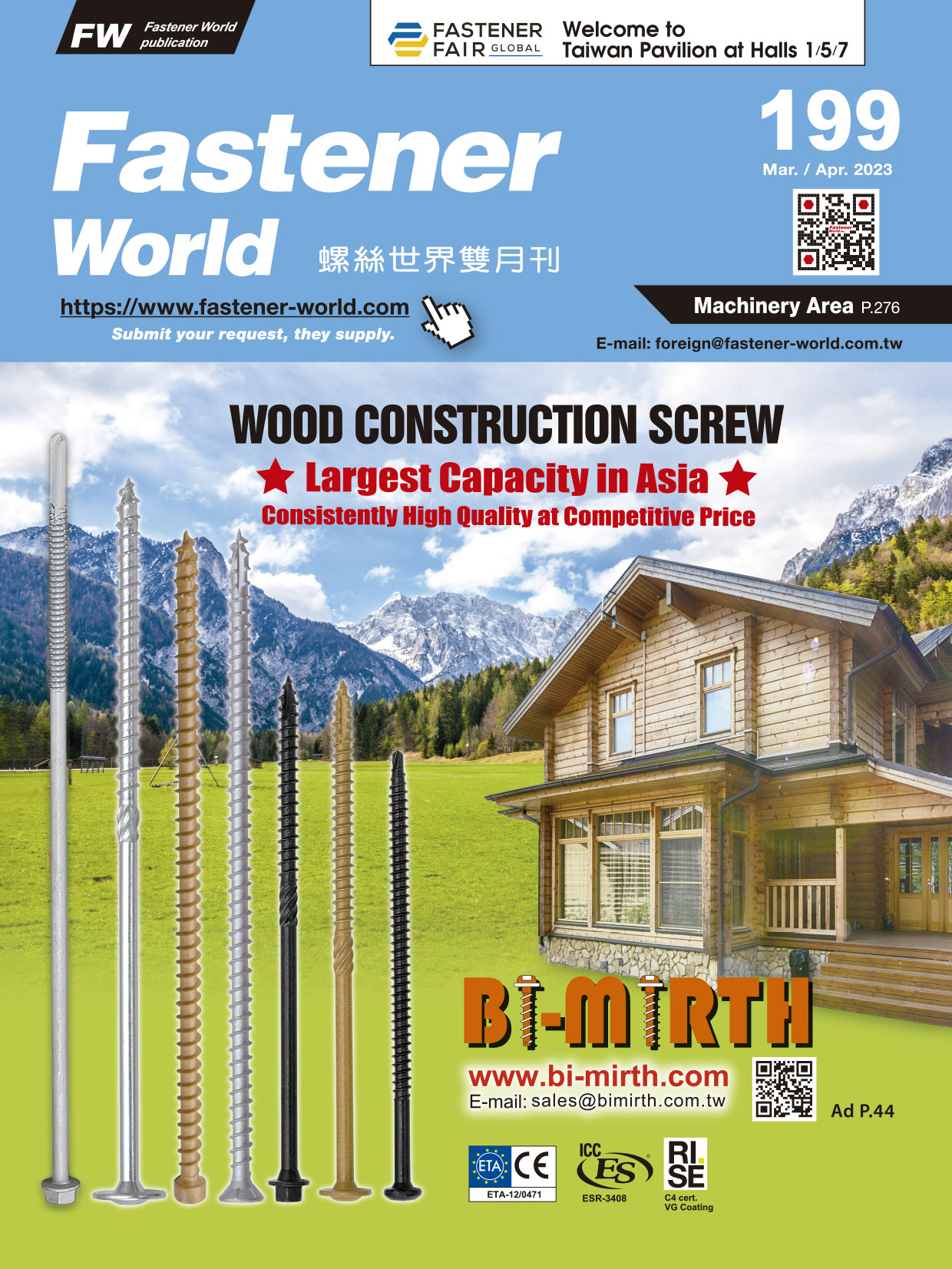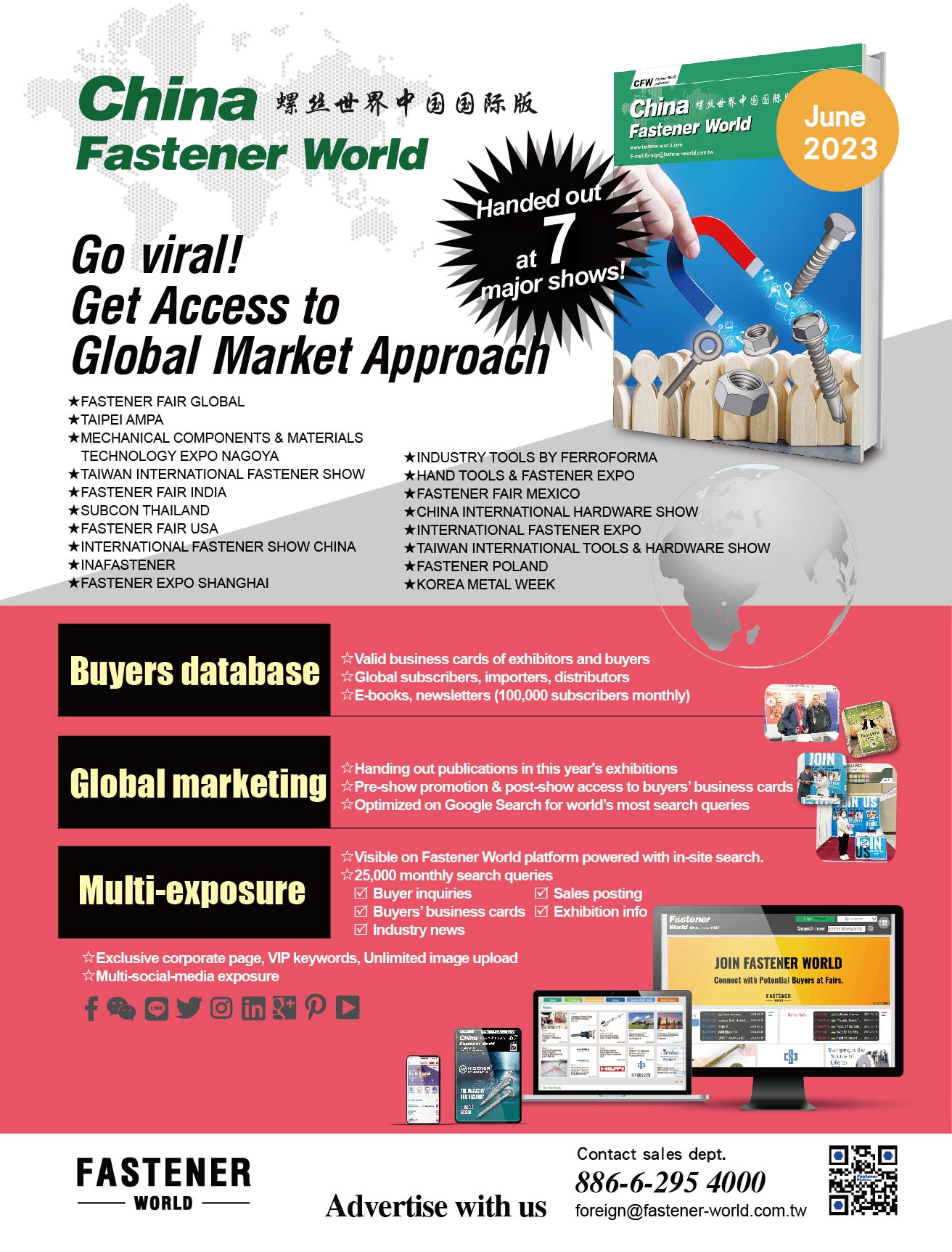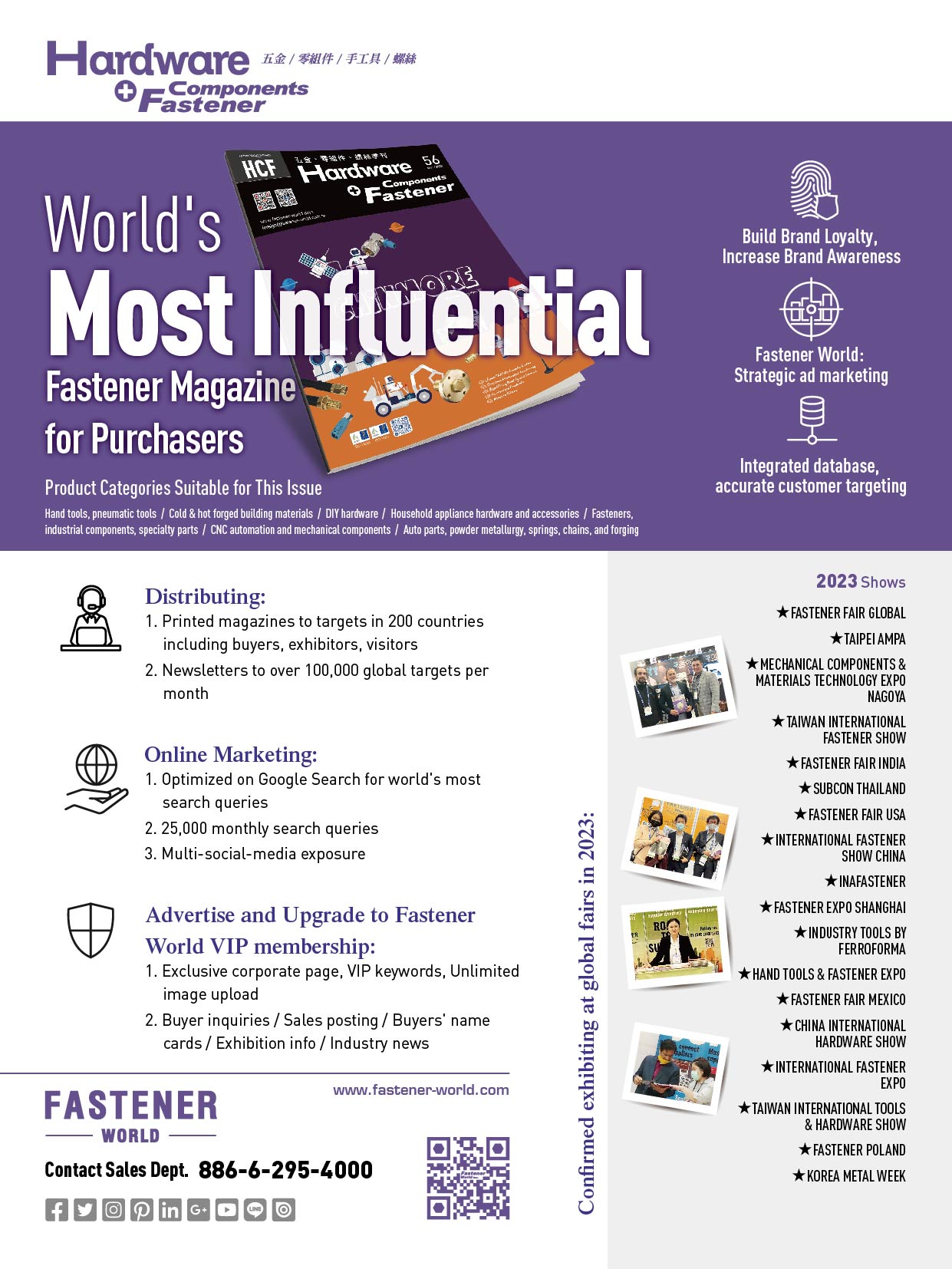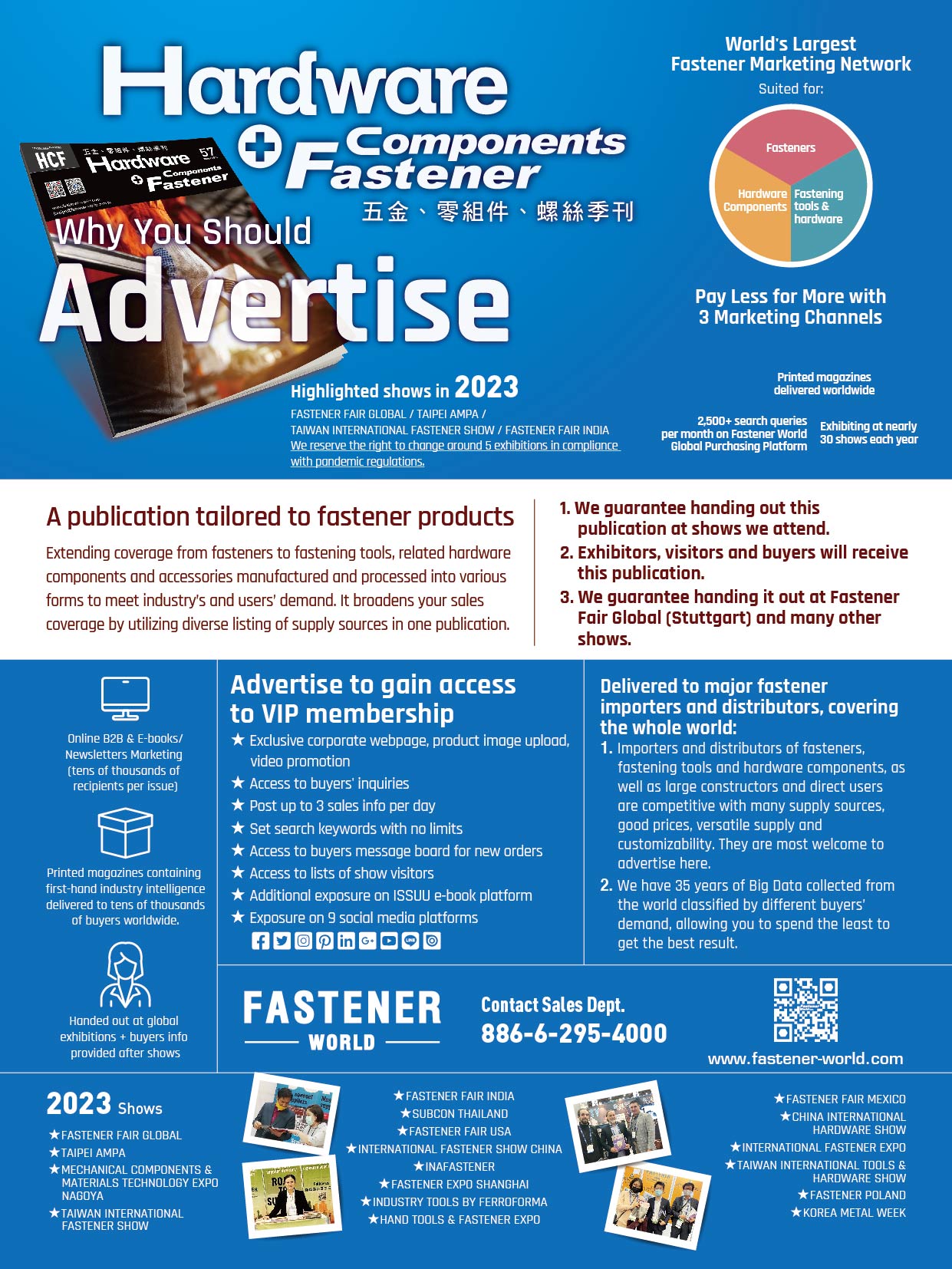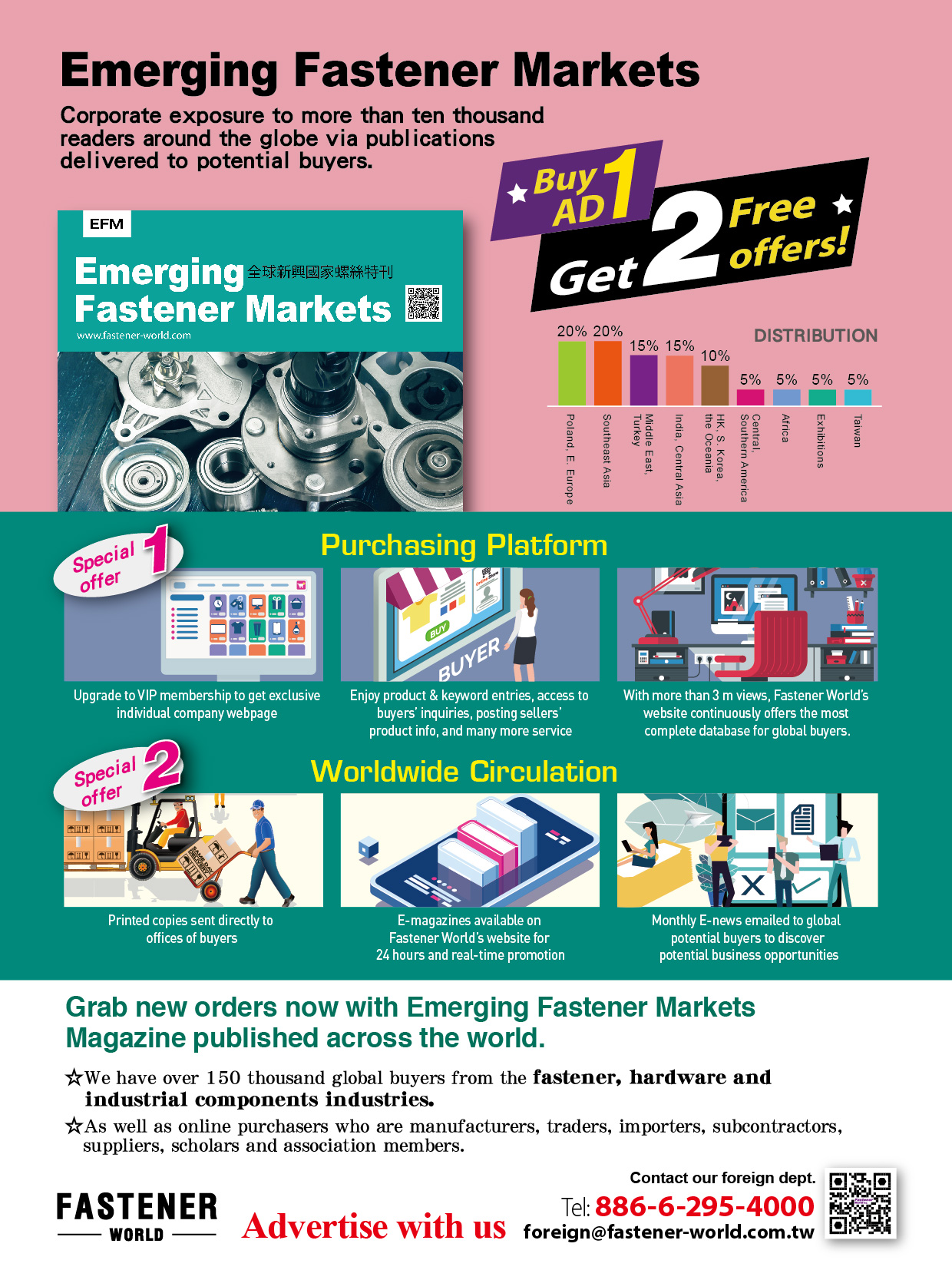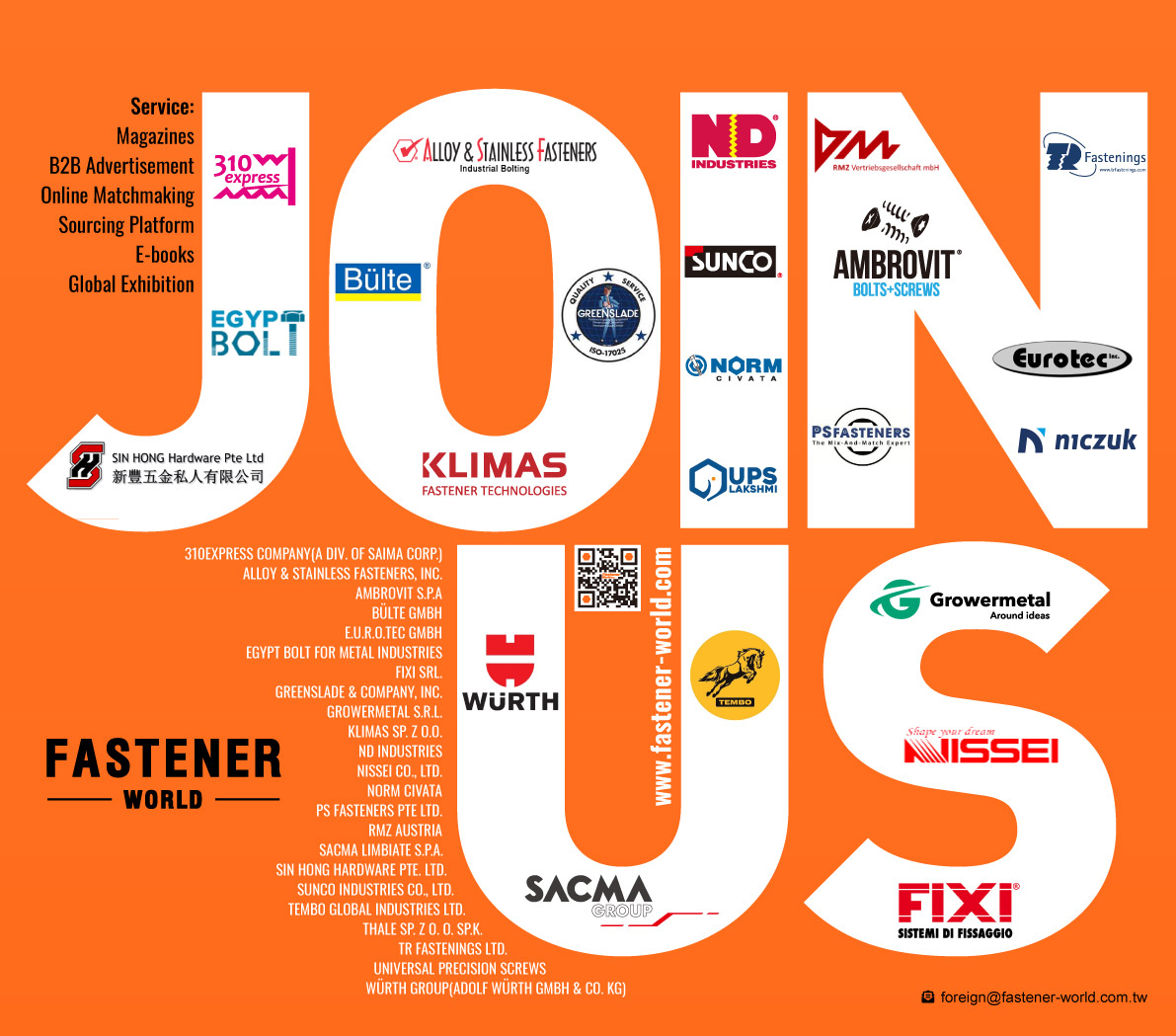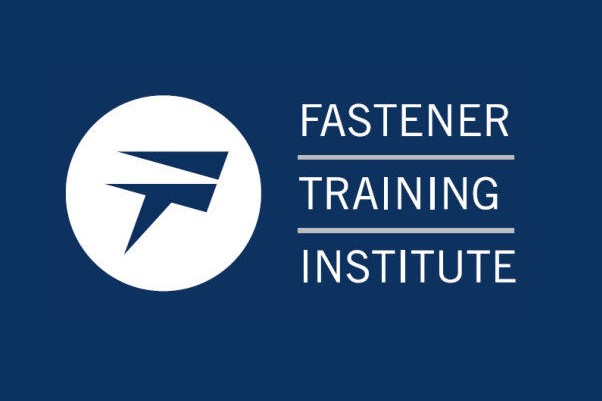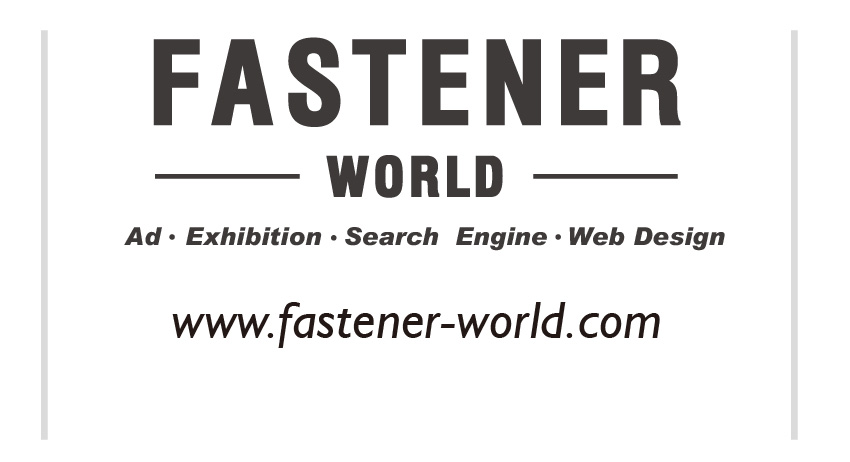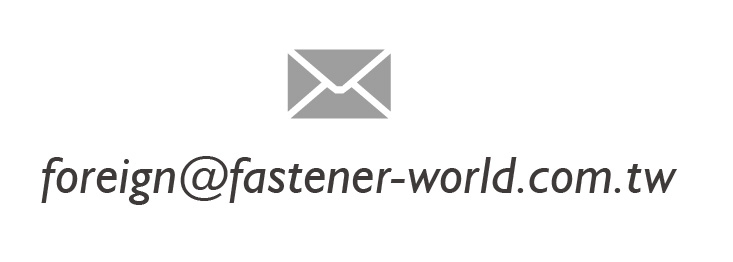China New “Trade Barrier Investigation” Against Taiwan, A Way out of the Mire?
Tug-of-War Between Taiwan and China
Ministry of Commerce of the People's Republic of China announced on April 12 to launch a trade barrier investigation on China’s products that Taiwan banned from importing, which currently include minerals and chemicals, agricultural products and textiles. The investigation is expected to last for 9 months and in any unordinary circumstances can be extended to January 12 next year. If it does get extended, January 12, 2024, happens to be the day before the next presidential election of Taiwan. This will have a strong political implication. As pointed out by Taiwan press, the era where Taiwan benefits from the trade surplus from trading with China is likely to come to an end, and the end of the Cross-Straits Economic Cooperation Framework Agreement (ECFA) could ensue. China used to adopt a vague and non-investigative attitude toward Taiwan's ban on the import of 2,455 products from China, but now the situation is different given the current heightened tensions in the Asia-Pacific region. With China's own economy in a bad shape and the change of China’s ties with the U.S. and Taiwan, “scratch my back and I’ll scratch yours, or else it will be worse than just an eye for an eye” reflects the current attitude that China has with Taiwan.
Therefore, if China protests against Taiwan through the World Trade Organization (WTO), Taiwan may have to open its imports to products requested by China, based on the principle that both sides should comply with the rules of "most-favored-nation treatment" and not discriminate against members. Taiwan currently prohibits the import of wire rods and fastener products from China. If China chooses to request allowing the import of China-made wire rods and fasteners into Taiwan, given that wires rods are the raw material for fasteners, what impact will this have on Taiwan's fasteners?
How will the Investigation Turn out for Taiwan Fastener Industry?
Everything is up in the air before the announcement of the investigation results, so Taiwan must prepare for the unknown. Since Taiwan now prohibits the import of steel from China, the fastener industry in Taiwan is currently using wire rods supplied by Taiwan CSC; in other words, Taiwan CSC dominates the supply of raw materials for the fastener industry in Taiwan. In the past three years, Taiwan CSC has been increasing wire rod prices in response to the international status, and this leads to increased production costs product prices as well as reduced profit margins for fastener companies in Taiwan. If low-priced wire rods from China make its way into Taiwan in the future, Taiwan CSC will take the brunt of the competition, and there will be a drastic influence on the price competitiveness of Taiwan fastener products that are made of wire rods from Taiwan CSC. The scale of the influence will be profound.
In this regard, Fastener World talked with several anonymous Taiwanese fastener business owners over the phone. It turned out that their views were not entirely pessimistic. First let's begin with the difficulties that Taiwan may face in the future. Taiwan's annual domestic sales of 200,000 tons of fasteners will inevitably be subject to competition from fasteners imported from China, and the entire domestic sales channel will also change drastically, so those who run business mostly on selling fasteners domestically in Taiwan must make assessment and prepare ahead. On the other hand, those who use wire rods from Taiwan CSC to produce fasteners will have to add wire rods from China or other countries in the future. The pros and cons of competition in the forthcoming domestic and export markets are yet to be evaluated and dealt with.
Some of the owners on the phone were optimistic. They believed the way to respond is to use low-priced wire rods imported from China or other countries to produce fasteners that are just usable, up to quality and price competitive, while on the other hand use high quality wire rods from Taiwan CSC to produce fasteners for automotive, medical, aerospace and other applications with high added value and acceptable prices.
An owner proposed another solution. For years, Taiwan fastener industry has set up factories in Southeast Asia and many other countries to diversify risks and reduce production costs. If China’s wire rods enter Taiwan, an option for Taiwanese fastener companies is to separate their factory apart based on the source of wire rods. For example, assigning a specific plant to use only imported wire rods and another plant to use only wire rods from Taiwan CSC. This approach avoids quality problems caused by the mixing of different wires rods and minimizes investment and manufacturing costs for business owners.
Prepare and Wait for the Opportunity
Combining the views of multiple owners, our interpretation of the status quo is that Taiwan fastener industry will have to bite the bullets, get through it and grasp the opportunity in the midst of crisis. "The low-price wire rods from China is not entirely a crisis for Taiwan. We should see the advantages of China’s wire rods and turn it into a new business opportunity for us. The fastener industry in Taiwan has experienced various economic crises over the past few decades, and this is how we have been able to overcome the difficulties and survive until now.”
Looking ahead, the trade barrier negotiation between Taiwan and China is bound to have a lot of variables and uncertainties with the tensions in Asia Pacific. What Taiwan should do now is to point them out and act accordingly.

